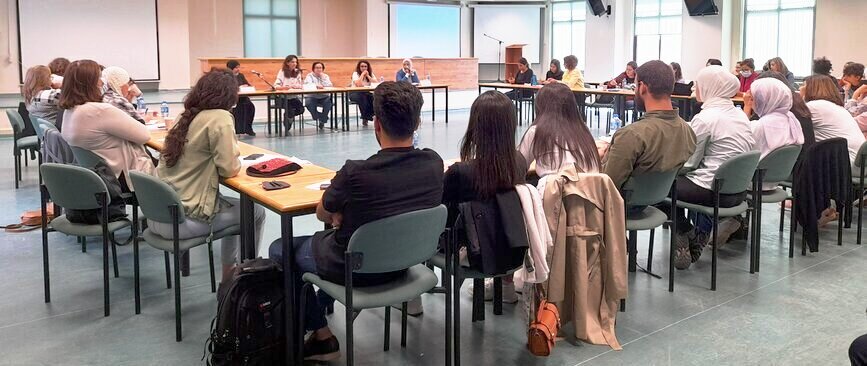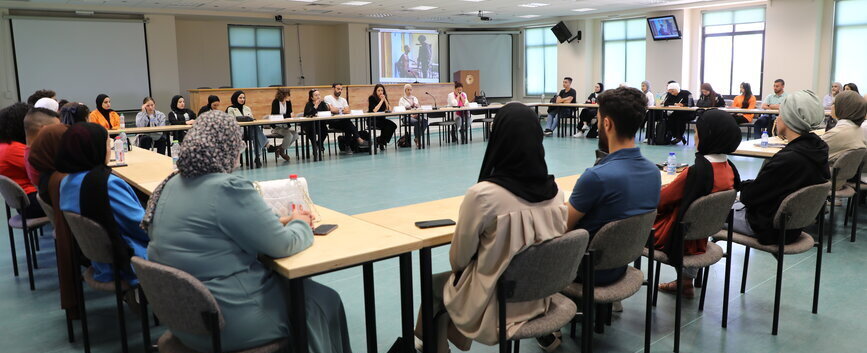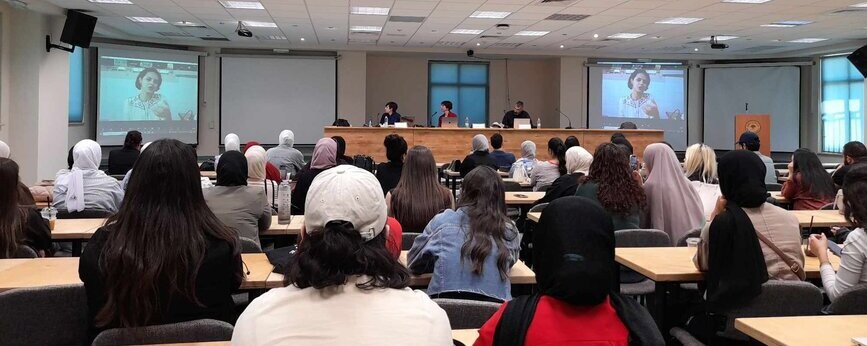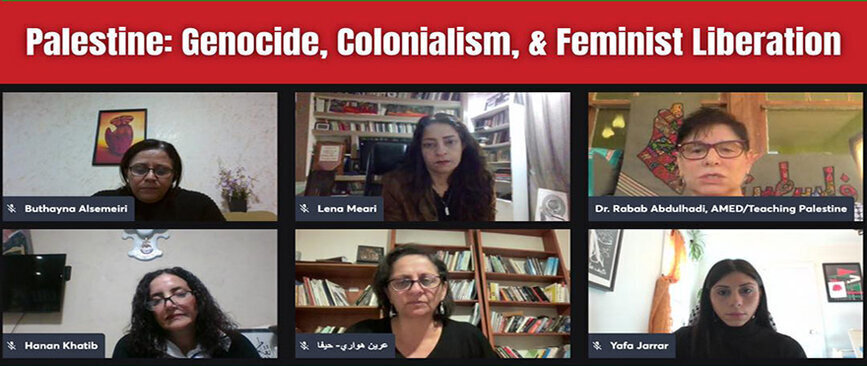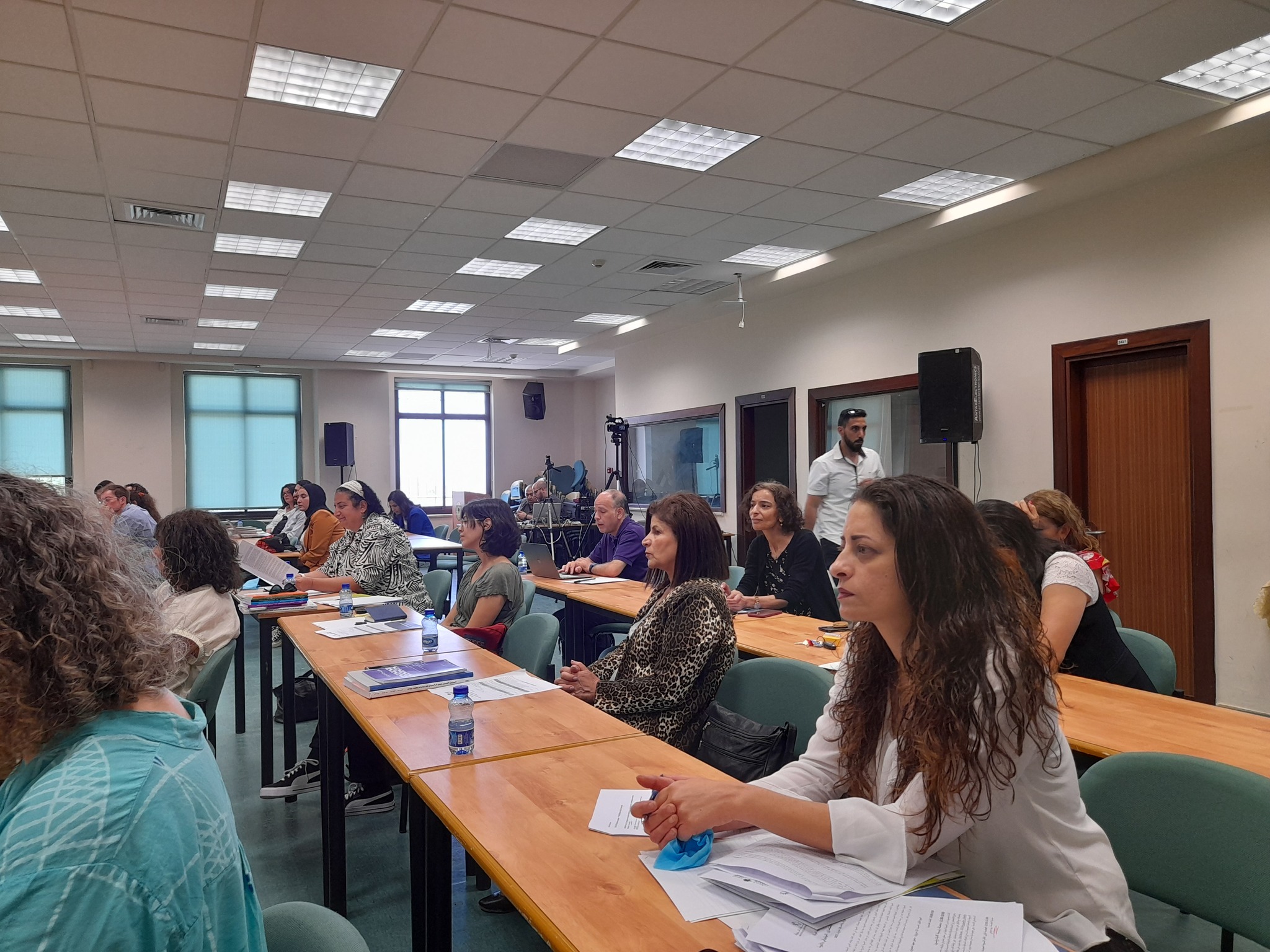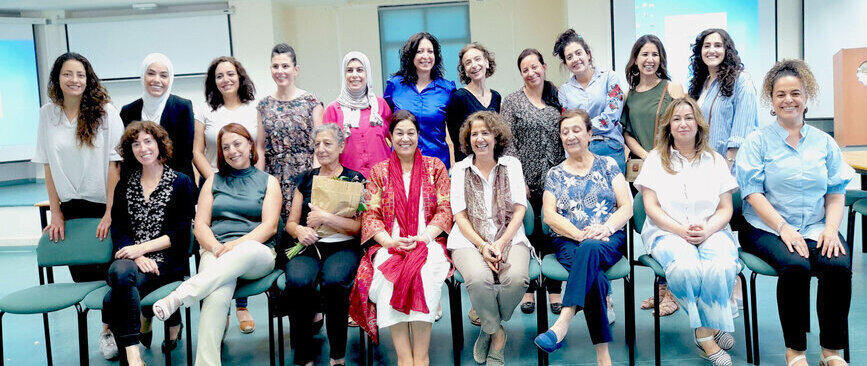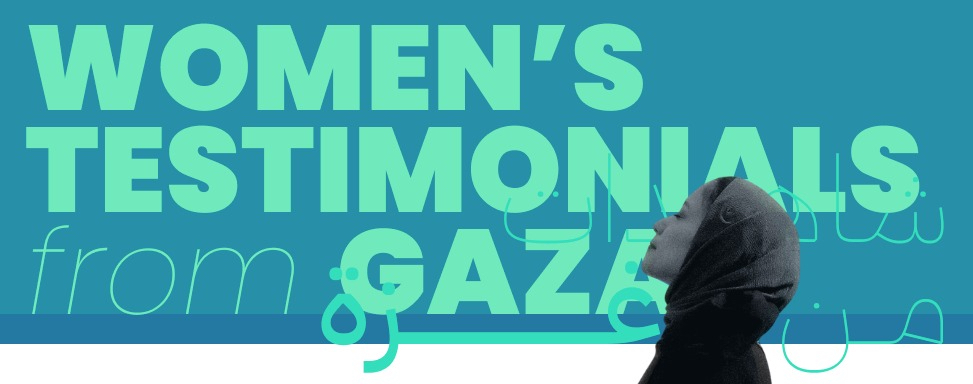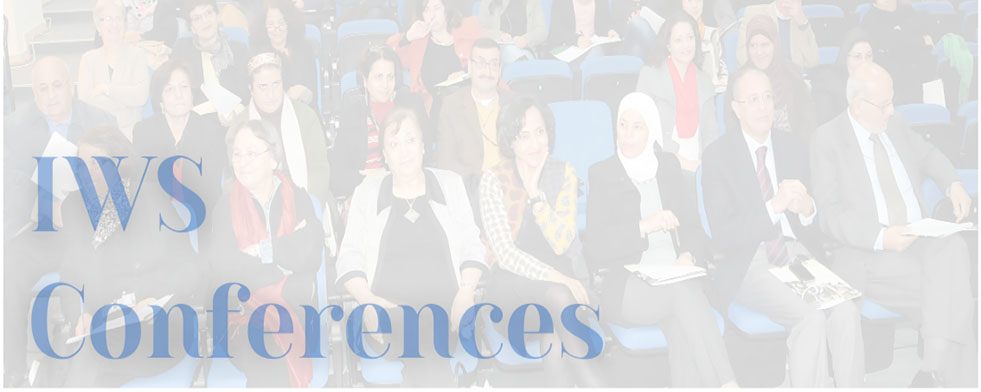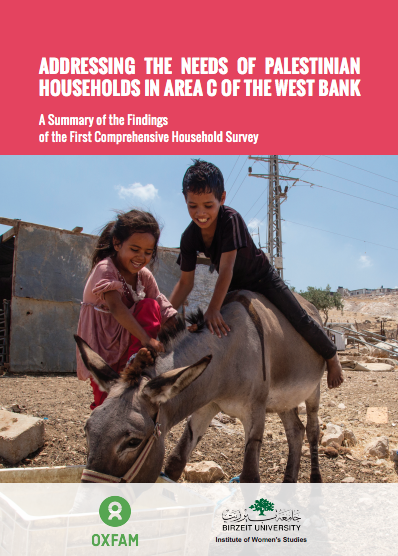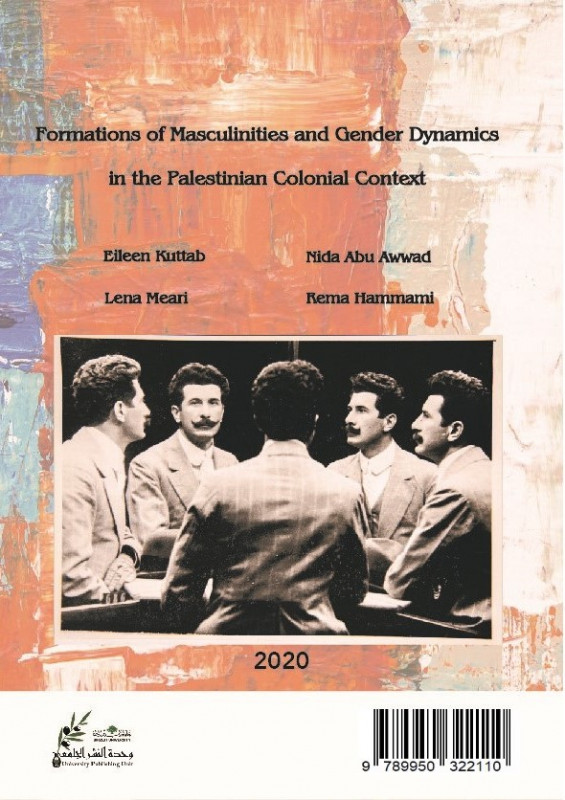
THE INSTITUTE OF WOMEN’S STUDIES AT BIRZEIT UNIVERSITY
The Institute of Women’s Studies (IWS) at Birzeit University – originally the Women’s Studies Institute (WSI) - was established in 1994 and is the first institute of its kind in Palestine and the Arab region to offer a full academic program in women’s studies. Beginning in 1994, the Institute offered a selection of elective courses in women studies for undergraduate students, followed in 1998 by the creation of the Master’s Program in Gender and Development – the first full degree program in gender studies in the Arab region. Finally, in 2015 the Institute expanded its teaching programs and founded the undergraduate minor in women’s studies.
Since its establishment and based on its cross-disciplinary academic approach to women and gender, the Institute has remained committed to furthering the goals of social justice through its teaching, research, and community outreach programs. The Institute has sought to realize the following goals including: contributing to the development of a Palestinian vision for the academic study of gender at the BA and MA levels; promoting an interdisciplinary approach to gender studies; contributing to the development of theoretical and conceptual frameworks based on critical methodologies and forms of knowledge production in gender analysis; contributing to Palestinian research competencies while enabling researchers to use feminist analytical tools in order to understand mechanisms of oppression, so as to develop emancipatory alternatives.
The Institute aims to raise social justice and gender justice issues in Palestinian society in dialogue with social, political, and feminist movements, thus seeking to link knowledge with practice through the production of in-depth research that speaks to Palestinian reality in its colonial specificity.

